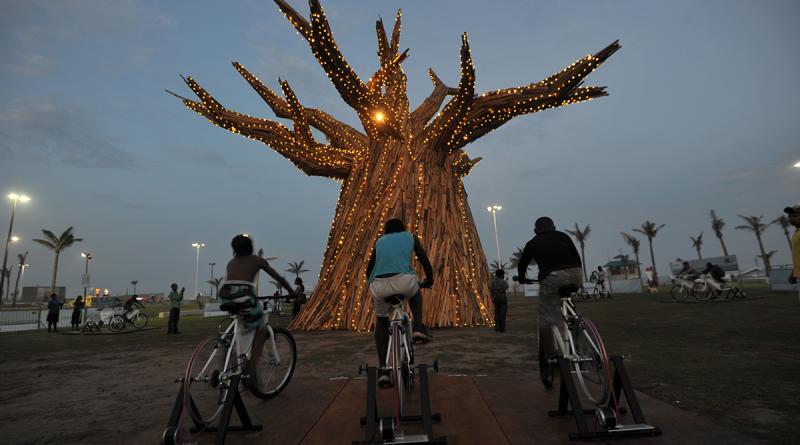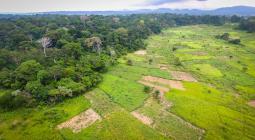World Bank launches Africa climate strategy as pandemic hammers green growth.

The World Bank has launched its multi-billion dollar Africa climate change strategy for the next six years in a bid to kickstart green growth hampered by the Covid-19 pandemic.
The Bank’s Next Generation Africa Climate Business Plan (NG-ACBP) plans to train 10 million farmers in climate-smart agriculture, expand landscape management over 60m hectares in 20 countries, increase renewable energy generation capacity from 28GW to 38GW, and equip at least 3O cities with low carbon and compact urban planning. The Bank said that such green growth measures will combat the economic havoc wrought by the pandemic.
“Covid-19 must be a centerpiece of the Climate Plan as Sub-Saharan Africa responds to and recovers from the pandemic and its economic consequences. The Climate Plan must maximize support to the Covid-19 recovery while pursuing synergies between green stimulus and investment response packages to contribute to long-term development,” says the report.
“Pre-Covid, several Sub-Saharan African countries were deteriorating fiscally and had increasing levels of debt distress. With the contraction in economies and increased public spending due to Covid-19 response, fiscal space has increasingly constrained. And because most Sub-Saharan African countries are highly exposed to climatic shocks, there is now a severe development threat to the twin goals in the region. Now, more than ever, countries in Sub-Saharan Africa need to prioritize climate resilience, in particular financial resilience, to weather the storms coming.”
In response, the new plan – which covers the six years until 2026 – focuses on the broad areas of food security, clean energy, green and resilient cities, environmental stability, and climate shocks. It calls for a proposed Covid-19 financial stimulus package to be ‘greened’, and suggests that countries facing fiscal pressure due to the economic slowdown and low fossil fuel prices could take the opportunity to reduce or better target fossil fuel subsidies. Policymakers will be encouraged to pursue climate-informed macro policies, including green job creation, and build green-resilient infrastructure.
In its preliminary pipeline assessment for full year 2021, the Bank says the new plan will support 93 projects with $19.7bn, but that there remains a financing gap of $1bn. The Bank says it supported 346 projects on the continent with funding of over $33bn over the last six years.
“Africa’s main challenge is to adapt to climate change by investing in more resilient agriculture and food systems, building infrastructure that resists extreme weather events, protecting its coastal cities, and enhancing disaster preparedness systems,” says Hafez Ghanem, World Bank vice president for East and Southern Africa.
Without inclusive, climate-informed development, 43 million additional people could be pushed below the poverty line by 2030 in Sub-Saharan Africa, the Bank warns, citing data from 2016.
“With an overall stimulus package in the range of $150bn to $160bn (Bankwide) over the next 12 to 15 months, and a call to frontload IDA grants and highly concessional financing this Climate Plan will seek to maximize support to the Covid-19 recovery while pursuing synergies between green stimulus and investments that contribute to both the immediate and long-term development outcomes,” the report says.
16 September 2020
AFRICAN BUSINESS




